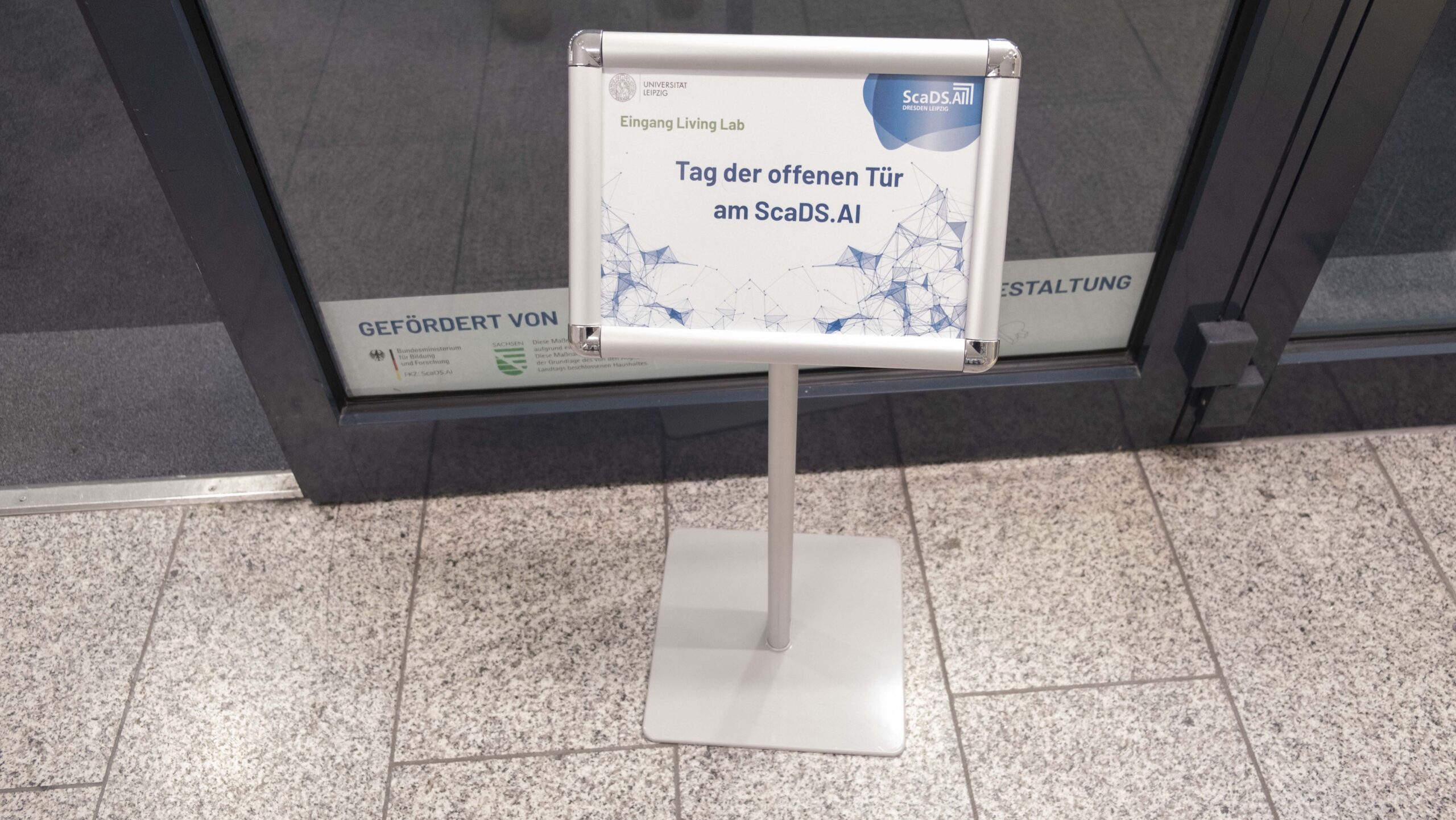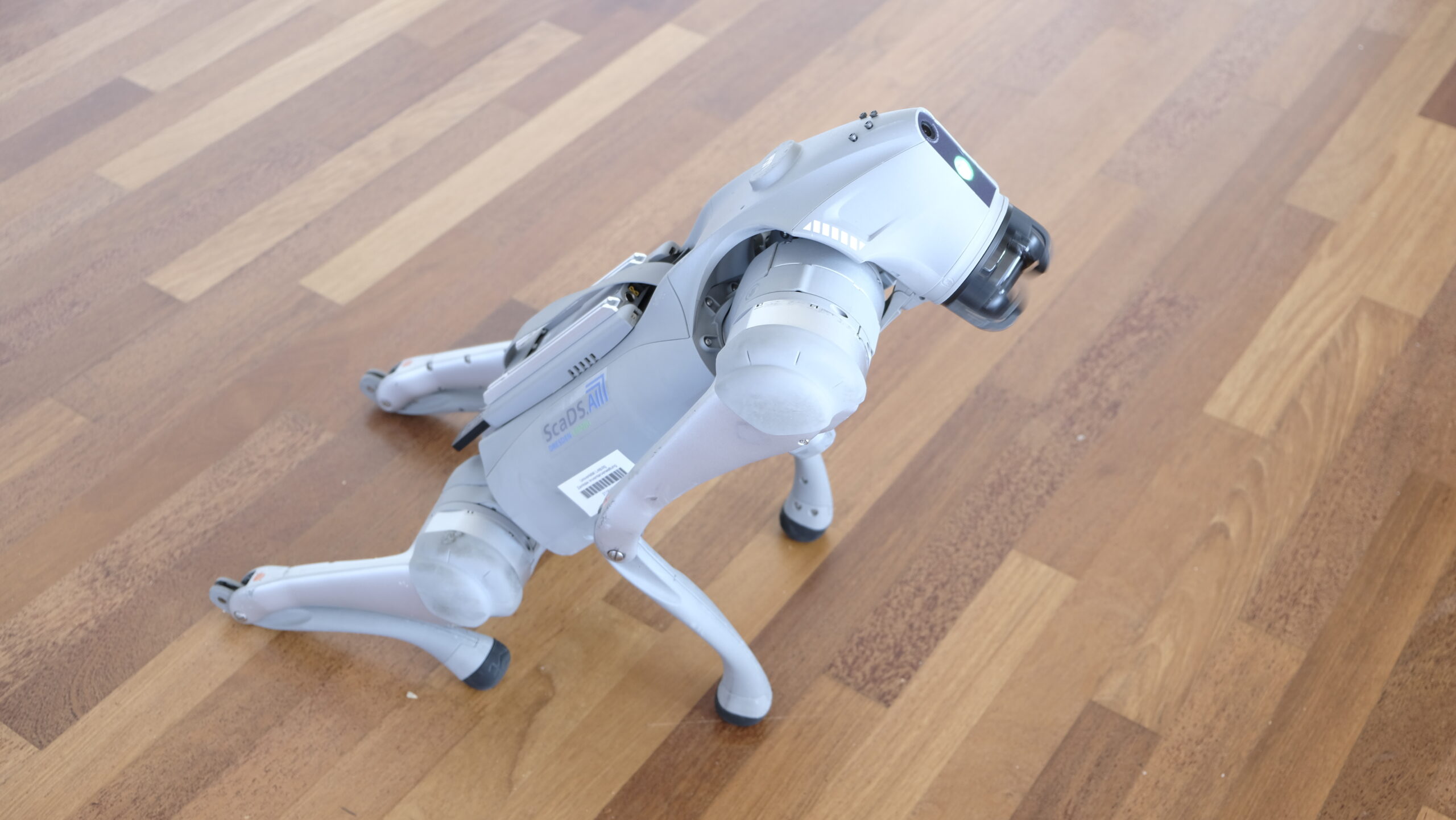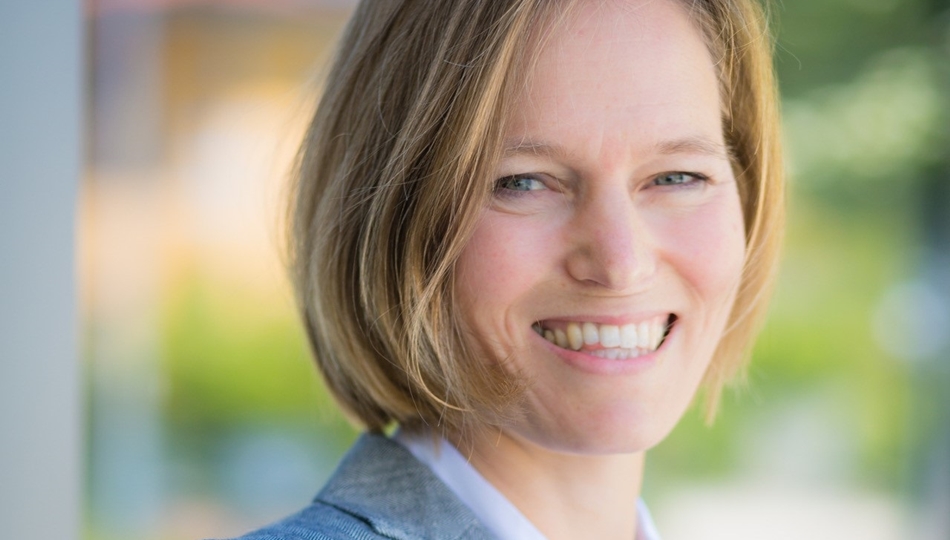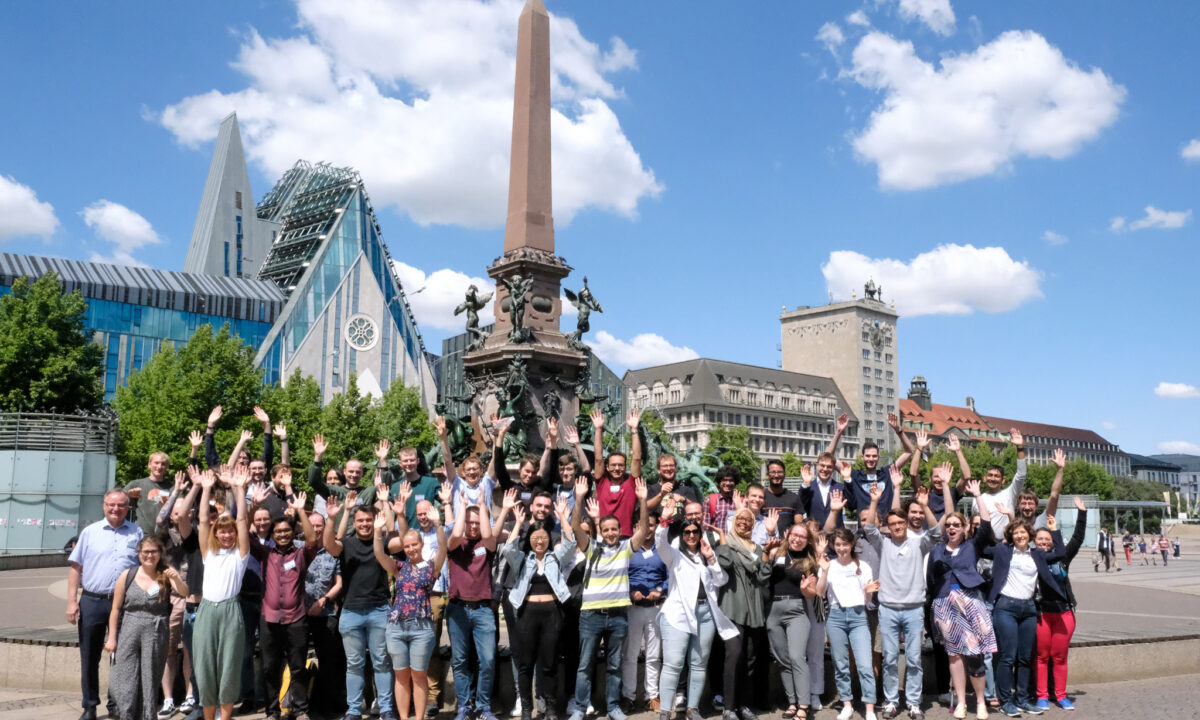
July 27, 2022
Recap of the 8th international ScaDS.AI Summer School 2022

Five days with over 60 participants, 30 speakers, and five stimulating core topics! The 8th international ScaDS.AI Summer School 2022 took part from July 11th – 15th in Leipzig. It successfully provided a platform for knowledge transfer and exchange between graduate students, Ph.D. students as well as practitioners starting in the areas of Machine Learning, AI and Big Data. Furthermore, we welcomed many internationally acclaimed professionals in the field.
Program of the 8th international ScaDS.AI Summer School 2022
Our director Prof. Dr. Erhard Rahm and the team leads curated a diverse program with five core topics:
- Data Integration and AI,
- Natural Language Processing and AI,
- Privacy and trustworthy AI,
- AI in Medicine and Life Sciences, as well as
- AI in Earth and Environmental Sciences.
At the ScaDS.AI Summer School 2022, top-notch international researchers presented the fundamentals of their research and discussed current developments.

DATA INTEGRATION
Prof. Christian Bizer explained how to use the internet as training data for entity matching. Furthermore, he presented how transformer models can especially benefit from this and boost performance. ScaDS.AI researcher Daniel Obraczka gave an overview of Knowledge Graph embedding-based entity alignment and how to address some problems with these approaches. Interestingly, both Prof. Bizer and Obraczka identified dealing with unseen entities as a promising problem for future research.
NATURAL LANGUAGE PROCESSING
The second day offered fascinating insights into Natural Language Processing (NLP). LMU Munich Ph.D. candidate Leonie Weissweiler presented findings in relating recent developments in NLP to their linguistic perspectives. Haritz Puerto explained the TU Darmstadt software UKP-SQUAR for Question Answering. On top of that, University of Passau’s Dr. Jelena Mitrović spoke on developments of complex challenges such as:
- identifying rhetorical figures,
- detecting hate speech, and
- applying NLP in domains like Social Media and Law.
PRIVACY
The focus on Privacy issued technical solutions and methods ensuring privacy in Big Data and AI research but also meta-discussions about data protection. For instance, Prof. Rainer Mühlhoff, discussed the EU GDPR Regulations. He pointed out that there is considerable potential for abuse associated with predictive analytics. This manifests as social inequality, discrimination, and exclusion. Further, TUD Dresden University of Technology professor for Civil Law, Intellectual Property, Media and Data Protection Law, and ScaDS.AI principal investigator Prof. Anne Lauber-Rönsberg talked about the latest developments for a legislature controlling high-risk AI proposed by the European Commission.
MEDICINE AND LIFE SCIENCE
Kicking off the topics Medicine & Life Science on Wednesday, our Humboldt Prof. Sayan Mukherjee gave an inspiring overview of his research on the verge of mathematics, statistical analyses, and AI for 3D Modeling in biomedical applications. Also, we were happy to welcome FSU Jena’s Prof. Manja Marz back in her hometown. She spoke about how AI can be used on biological sequence data to perform taxonomic classification. She further explained how the host of a virus can be predicted by its sequence.
EARTH AND ENVIRONMENTAL SCIENCES
ScaDS.AI principal investigator and leader of the Remote Sensing Centre for Earth System Research at Leipzig University, Prof. Miguel Mahecha introduced the concept of Earth system data cubes. He explained how to operate on them by presenting how this data can be exploited to understand complex spatiotemporal patterns in land-surface processes, such as extreme events and global trends. Further insights were given by Paul Johnson, who discussed how to probe earthquake faults with AI. Determining the location, magnitude, and timing of an upcoming earthquake is extremely challenging -some believe it might be impossible. Johnson presented the Los Alamos National Laboratory’s (USA) approach to determining seismogenic faults using the concept of transfer learning with data from computer simulations that are enriched with data from an actual laboratory earthquake experimental (‘labquake’).
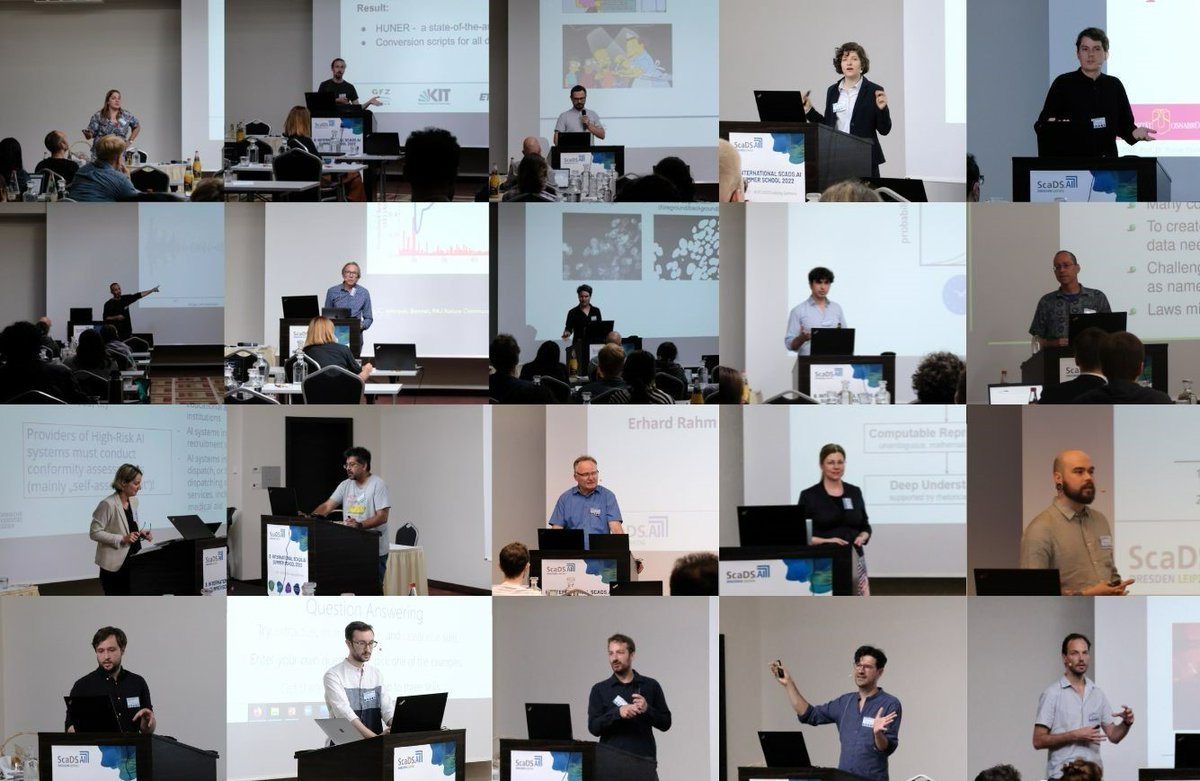
The full list of speakers, their information, and the abstracts of their thought-provoking talks can be found in the digital program.
Social Activities and Networking
The diverse interdisciplinary insights into applications of AI and ML gave our participants a chance to deep dive into different topics and to seek scientific exchange with other researchers and practitioners – best to be done over a cup of coffee, the fantastic food at our conference hotel Radisson Blu Leipzig or at one of the social evening events like the stimulating boat tour on Leipzig’s rivers and canals that for sure stayed in everyone’s minds.
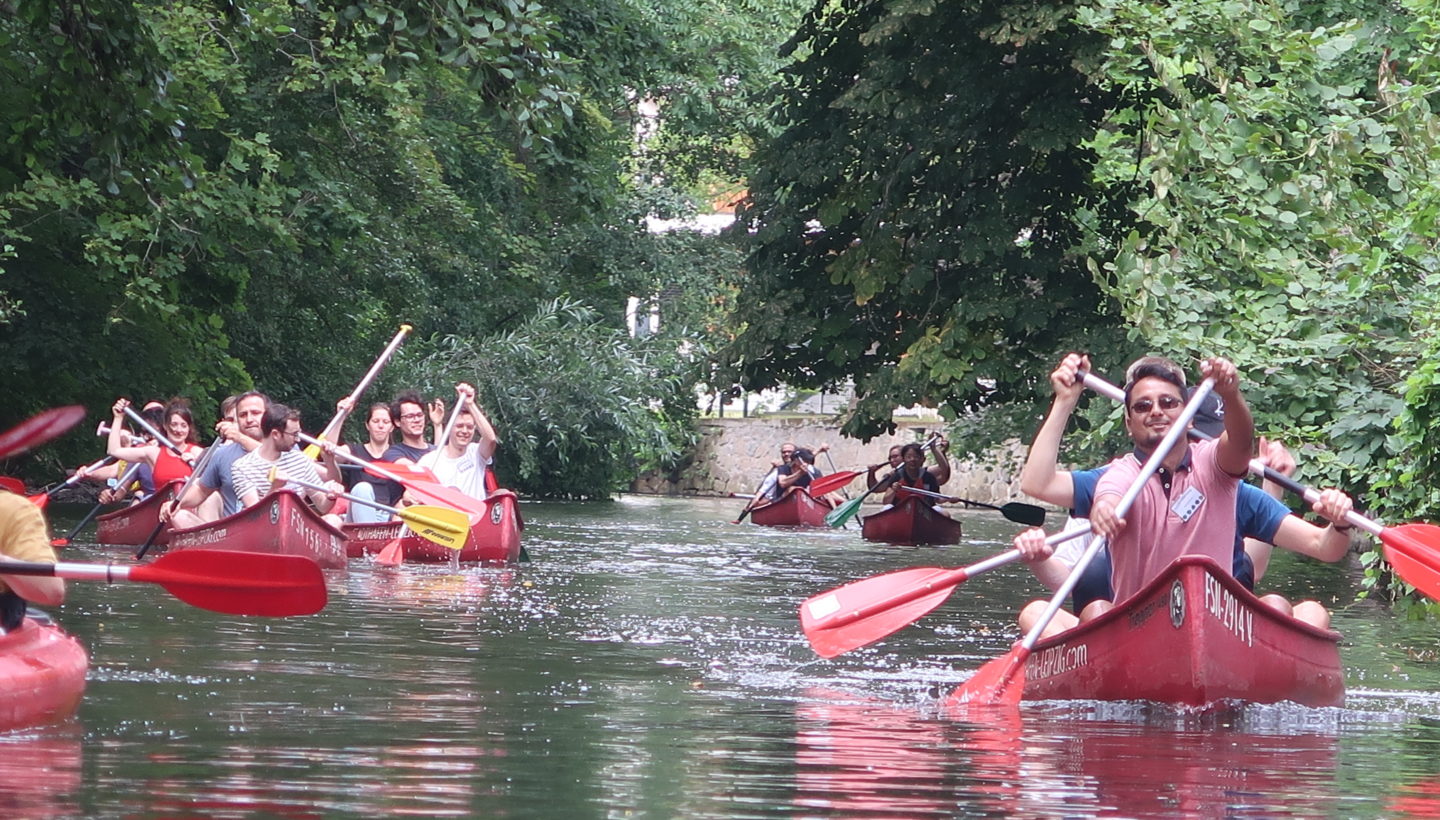
We thank all speakers and participants for making the 8th international ScaDS.AI Summer School 2022 an inspiring and lively event. You were there and would like to give feedback? Please, do not hesitate to let us in on your thoughts via scads.ai.events@uni-leipzig.de.

